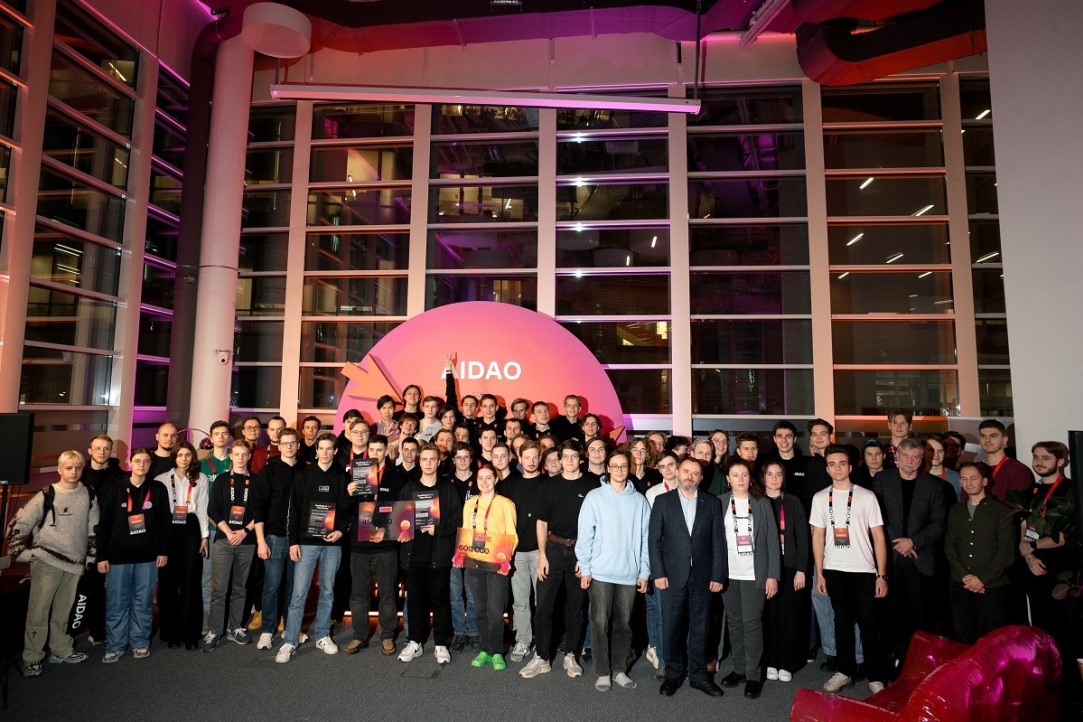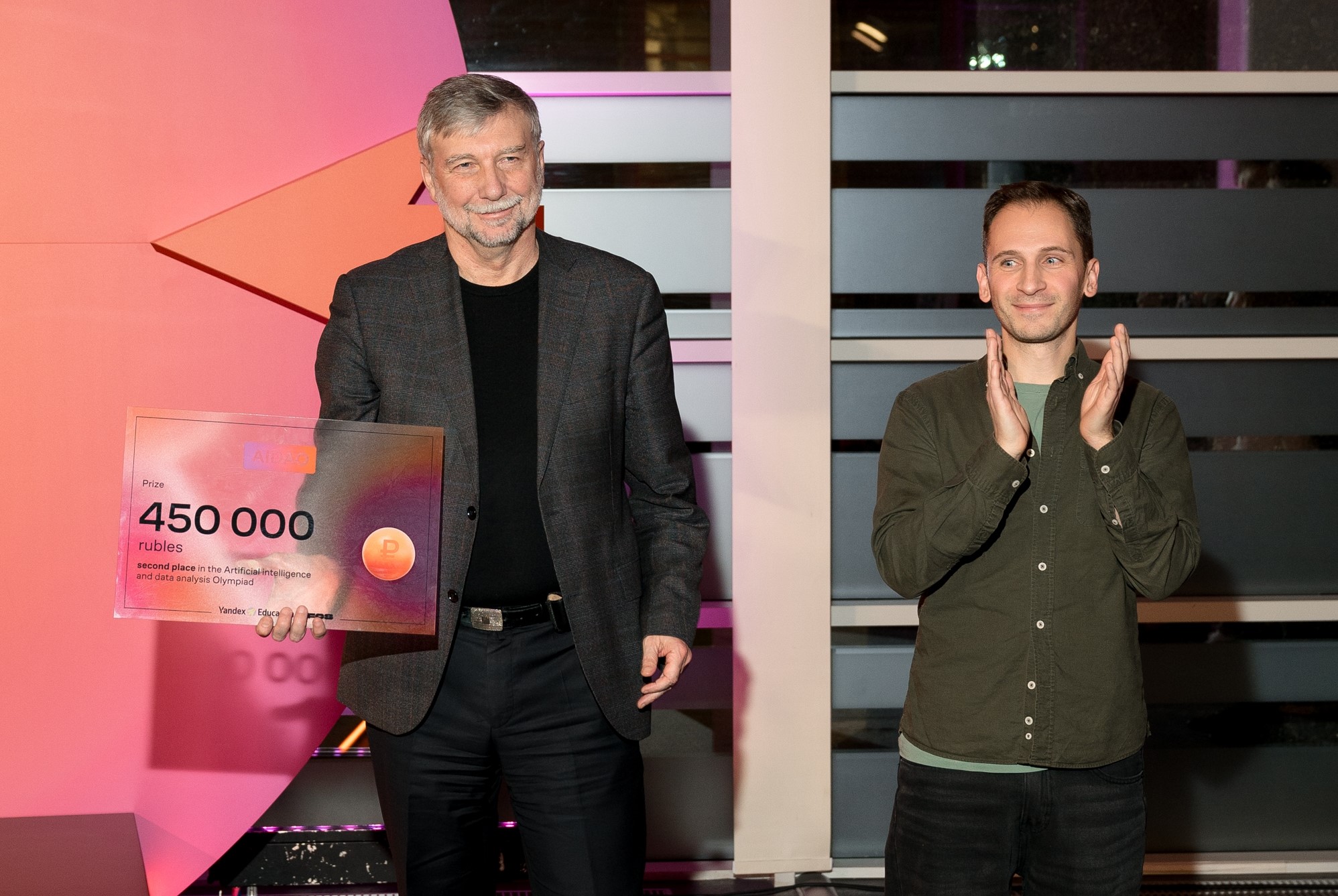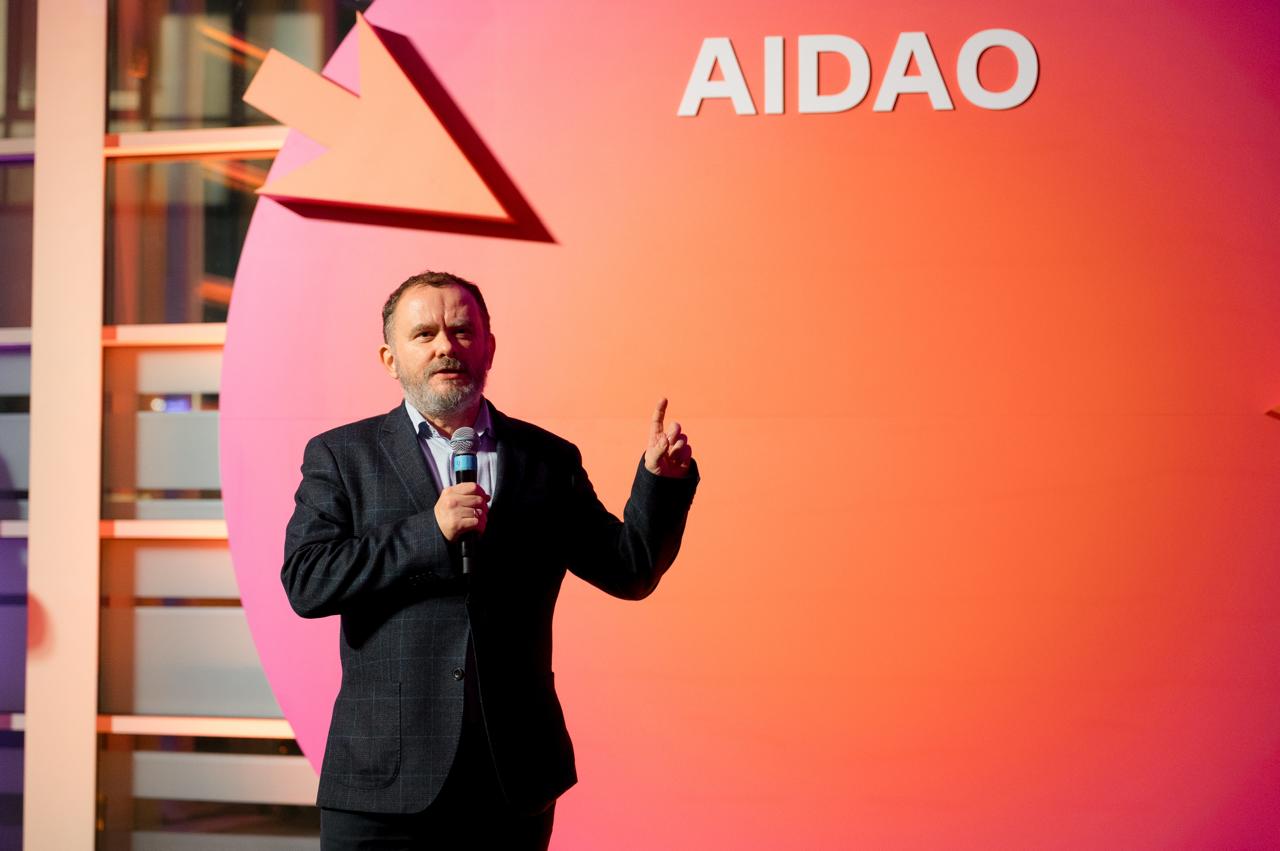Winners of the Yandex and HSE Olympiad Develop an AI Model to Assess Vehicle Condition

Yandex Education and the HSE Faculty of Computer Science have concluded the first joint Artificial Intelligence and Data Analysis Olympiad (AIDAO). The winning team, AI Capybara from ITMO University, developed an AI model that detects defects in vehicle exteriors and interiors. The challenge for the competition was devised by the Yandex Taxi machine learning team, who will evaluate the feasibility of implementing the AI model in practice.
From November 30 to December 2, 2024, the final stage and award ceremony for the international Artificial Intelligence and Data Analysis Olympiad (AIDAO) were held at the Yandex office in Moscow. Organised by Yandex Education and the HSE Faculty of Computer Science, the event aimed to give students hands-on experience in solving complex, real-world AI problems.
The AI Capybara team (Timur Ionov and Daria Ledneva) from ITMO University won the competition. Second place went to the Selling Pandas team (Ilya Grinyuk, Nikita Iltyakov, and Nikita Ugryumov) from HSE, and third place to the CUDA out of memery team (Roman Malov, Kamila Nasibullina, and Ivan Trofimov) from ITMO and MIPT University. The winners received monetary prizes: 600,000 roubles for first place, 450,000 roubles for second, and 300,000 roubles for third.

Sergey Roshchin, HSE Vice Rector, congratulated the winners: ‘Projects like AIDAO attract those capable of making a difference in this world—and who transform themselves in the process. If you want to grow further, you need to seek out crazy, ambitious projects and companies. Both Yandex and HSE are such entities. We evolve ourselves and are thrilled when people join us who are ready to grow alongside us.’

‘Since 2018, we have been organising a joint international olympiad with Yandex, which has established itself as a significant event in data analysis. This year we focused on AI, and participants tackled relevant challenges that will be implemented in practice,’ said Ivan Arzhantsev, Dean of the Faculty of Computer Science. ‘We thank Yandex for actively supporting our initiatives and providing resources for their realisation. Together, we are building a platform where leading professionals and young talent can share knowledge and expertise. The HSE Faculty of Computer Science is proud to contribute to the formation of a professional community in AI.’
The olympiad had two stages, both centred on industry-relevant challenges. During the online qualifying round, students used AI to classify MRI brain scans. The task was developed by the LAMBDA research laboratory at the HSE Faculty of Computer Science using data from the RAS Bechtereva Institute of the Human Brain and Beijing Normal University. A total of 2,500 people participated, with 84 students across 30 teams advancing to the finals.
In the finals, the Yandex Taxi machine learning team presented a computer vision challenge. Participants were tasked with creating a model to assess a vehicle's condition before a trip. Each team was given access to HSE's supercomputer, cHARISMa (Computer of HSE for Artificial Intelligence and Supercomputer Modelling), which is suitable for working with artificial intelligence, along with over 200,000 images of vehicles from Yandex Taxi's database. They had 32 hours to train AI models to detect damages. Yandex's ML experts will soon evaluate the models’ performance and feasibility, offering winners an opportunity to join Yandex Taxi's active ML team.
The participants' projects were initially evaluated by Yandex.Contest's automated system, and then the logic of the solutions was assessed by experts from HSE University and Yandex. The winning model achieved the highest accuracy in defect detection.
The first joint student data analysis olympiad, IDAO (International Data Analysis Olympiad), was organised by HSE University and Yandex in 2018. Then, participants tackled challenges in science and business. This year, Yandex and HSE revamped the competition’s concept and name, shifting the focus from data analysis to AI-centric tasks.

